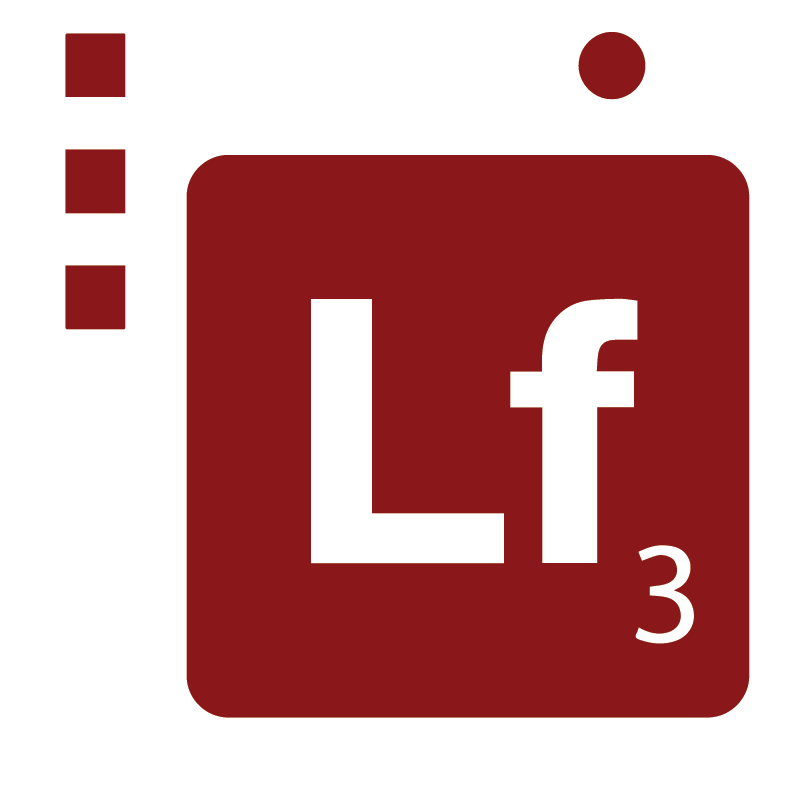A huge and fundamental part of life is our thought processes, or in the neuroscientific world, ‘mental representation’. They are a part of the complex construct that makes us human. Influences on our internal life play out in different ways but ultimately our thoughts, beliefs, values, perceptions, etc, are all connected to our behaviour process. I want to touch on a topic that is just one small dimension of the vast and intricate field of our external lives (aka: our behaviour). Hopefully it will bring a slightly different perspective and help simplify what we tend to convolute.
I think we could all agree that we currently live in an age of right versus wrong, black and white, and extreme pendulum swings. Within many contexts, including Christianity (dare I say, especially Christianity) we often find that there is extremism present. I am acutely averse to this. I understand the importance of different perspectives and I absolutely value them in regard to broadening my worldview and allowing others to have a voice… This is a necessary component to comprehend when making a judgement call about a person, no matter the circumstance, and labelling them right or wrong. However, in that judgement call, you really want to make sure you have every perspective covered, which, in reality, is not actually possible nor is it feasible. My long-winded point here… Let’s not make judgement calls on others.
Often when we have designated judgement on others, we don’t have the full perspective or the same value system in place as someone else. We have what I have heard termed ‘half-truths’. You really can’t even measure what is fact, what is fiction, and what is everything else in between. The fact (and I use this term firmly) is that no one is capable of being objective in a situation where they have an emotional attachment. If you hear something on the news, have a conversation with a friend about any particular topic, listen to a sermon, you are always going to have some kind of emotional response. Our values and beliefs make this so. That’s not a bad thing at all! But it does cloud our judgement or cause us to filter it through a muddied lens.
We all have a value system that shapes our beliefs. It is so important to us whether we want it to be or not. It is our core; the nucleus of who we are. As a Christian, this should be based around love. We can have different values, but God has only commanded two things from us: That we love Him with all of our heart and soul, and that we love one another as we love ourselves (Matthew 22:37-39). Let’s not lose sight of the simplicity that these commandments bring to our lives. If we filter information through them, our perspectives are going to be more Christ-like. This is the Simple Gospel.
The issue remains that we tend to overcomplicate everything and that we tend to live through a legalistic view of life. The whole point of this preface is to get to a particular question that I hope will challenge and free you (if you need it) from a law-filled perspective: Why do you want to be right when the whole point of our existence is to love?
One of my heroes, Dr Rolland Baker of Iris Global (a non-profit, missionary-focussed organisation based in Mozambique, Africa) says that the goal of theology and the greatest miracle, is to love. If you look into how many times and different contexts the notion of love is used in the New Testament, you will see how significant it really is. The very life of Jesus reflects this.
“Dear friends, let us love one another…” – 1 John 4:7
-Danielle Carter
